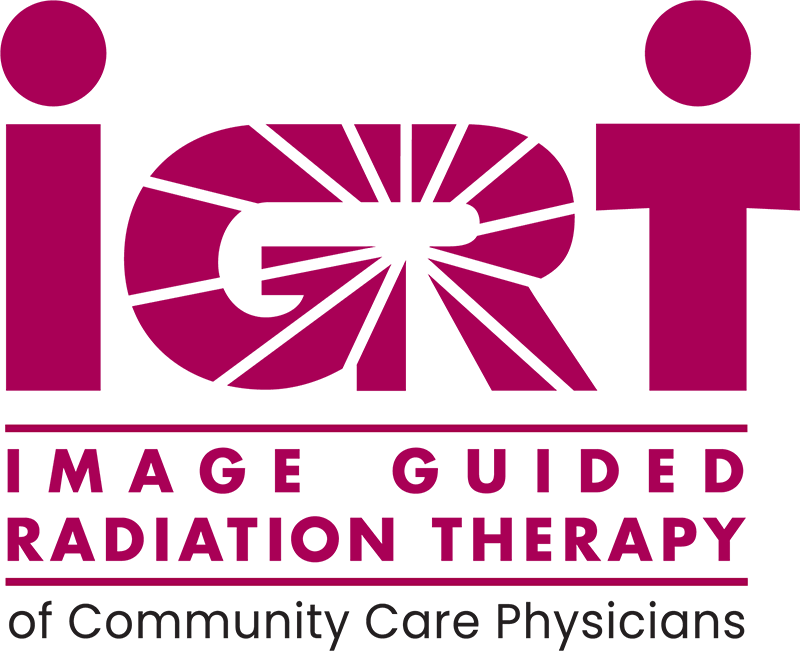Get plenty of rest
Many patients experience fatigue during radiation therapy, so it is important to make sure you are well rested.
Eat a balanced, nutritious diet
A nutritionist, nurse or physician may work with you to ensure you are receiving the right calories, vitamins and minerals from the foods you eat and that you are eating the proper type of foods. With certain types of treatment, it may be necessary to modify your diet to minimize side effects. You should not attempt to lose weight during radiation therapy, since you require more calories due to your cancer and treatment.
Treat the skin that is exposed to radiation with extra care
 The skin in the area receiving treatment may become red and sensitive. Your radiation oncology nurse will review specific instructions for caring for your skin with you. There are some general guidelines.
The skin in the area receiving treatment may become red and sensitive. Your radiation oncology nurse will review specific instructions for caring for your skin with you. There are some general guidelines.
- Cleanse the skin daily with warm water and a mild soap recommended by your nurse.
- Avoid using any lotions, perfumes, deodorants or powders in the treatment area unless approved by your doctor or nurse. Try not to use products containing alcohol and perfumes.
- Avoid putting anything hot or cold on the treated skin. This includes heating pads and ice packs.
- Protect the treated area from the sun by using a sunscreen with an SPF of at least 15. If possible, avoid exposing the treated area to the sun altogether.
Seek out emotional support
There are many emotional demands that you must cope with during your cancer diagnosis and treatment. It is common to feel anxious, depressed, afraid or hopeless. At times, it may help to talk about your feelings with a close friend, family member, nurse, social worker or psychologist. To find a support group in your area, ask your radiation oncology nurse.

